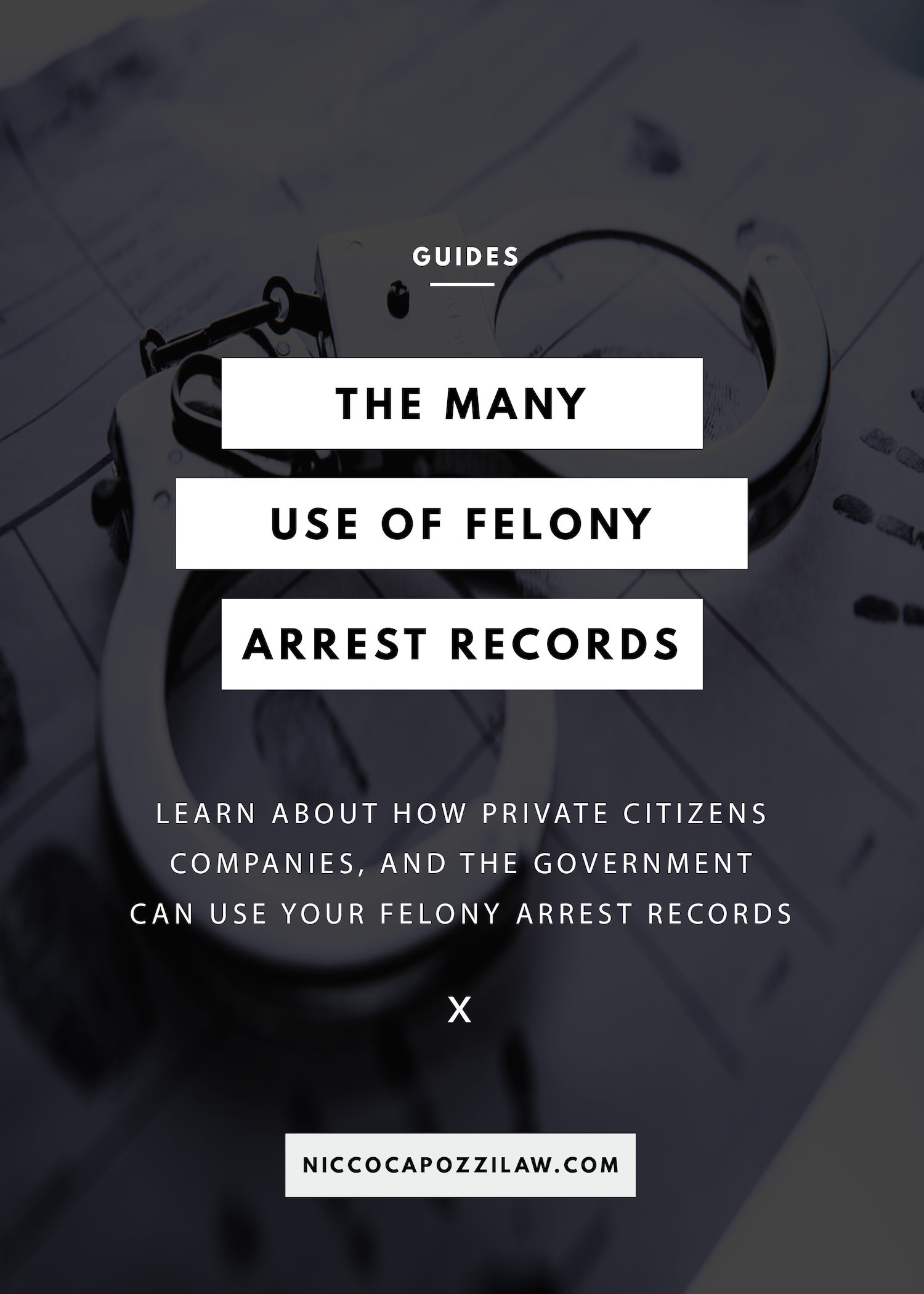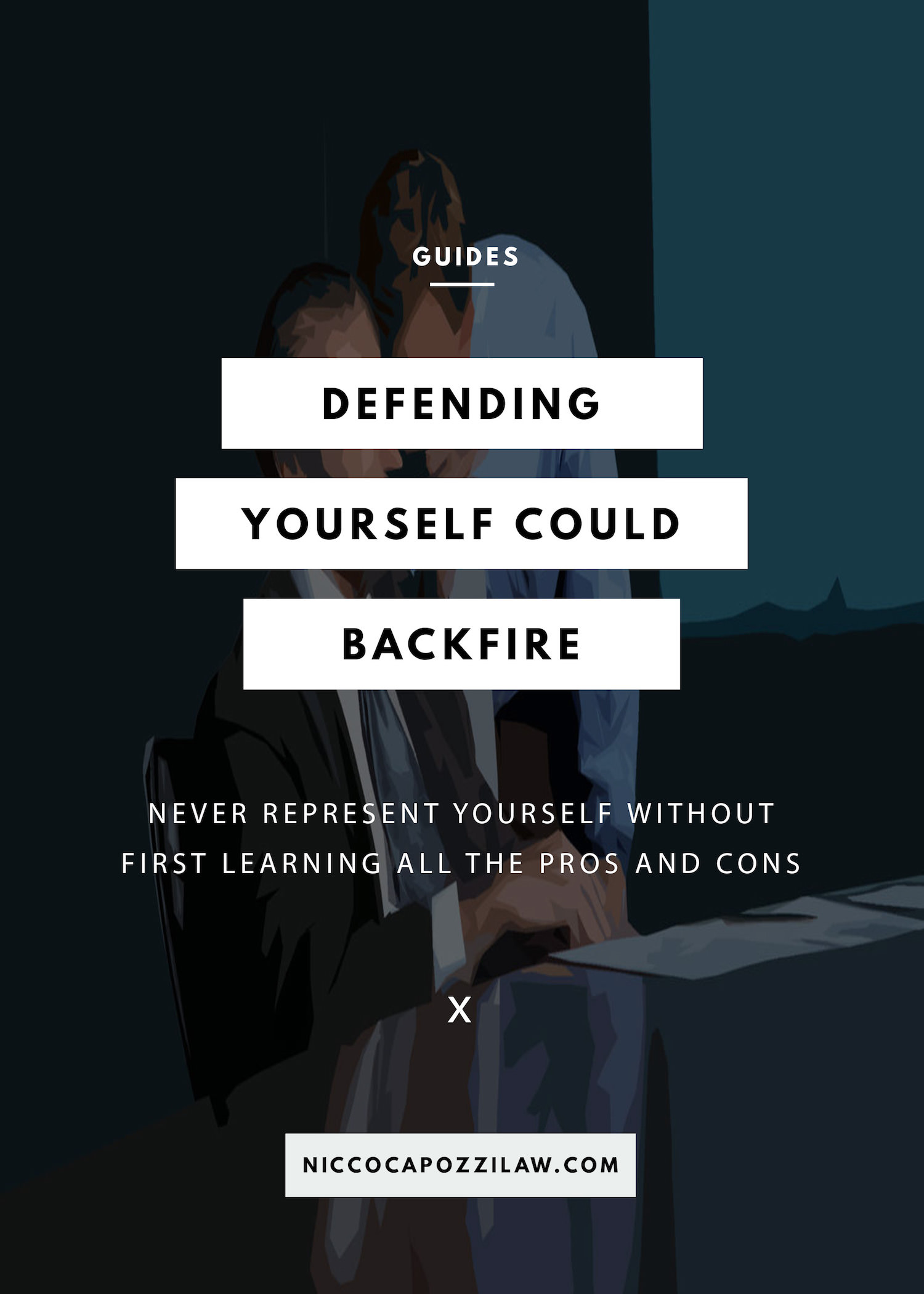When Do Miranda Warnings Need to be Given?
Prior to subjecting a suspect to a custodial interrogation, law enforcement officers must inform them of their Miranda rights. The Miranda warning consists of the following statements, and it must be administered before a suspect is placed under arrest:
- The suspect has the right to remain silent.
- Statements the arrestee makes can and will be used against him/her as evidence in court.
- The suspect has the right to consult a Fresno criminal defense lawyer and to have legal counsel present during an interrogation.
- If the arrestee can't afford an attorney, one can be appointed to him/her free of charge before the interrogation.
If any of the above warnings aren't given, subsequent statements made by the suspect will be inadmissible in court. For that to happen, however, a Fresno criminal defense lawyer must prove that a custodial interrogation triggered the need for the Miranda warning in the first place. For these purposes, an interrogation consists of actions and/or words that are likely to elicit incriminating responses from the arrestee. In general, however, handcuffing a suspect is enough to warrant the need for Miranda.
Miranda and Custody
A court will consider the circumstances surrounding an interrogation to determine if a suspect was in custody under Miranda. Generally speaking, there must be either a formal arrest or a restraint from freedom of movement that would typically be associated with an arrest. The test for custody is largely objective, but factors that may be considered include:
- The physical surroundings of the interrogation
- The degree to which the suspect was presented with evidence of guilt
- The degree of pressure applied to detain the suspect
- The language used to summon the suspect
- The duration of the suspect's detention
If Miranda warnings aren't administered as required, much of the resulting evidence from the interrogation may be inadmissible. An experienced Fresno criminal defense attorney can assess the circumstances of an arrest and custodial interrogation to determine whether such warnings were required. Call Fresno criminal defense lawyer Nicco Capozzi at 559-374-2012 now.






